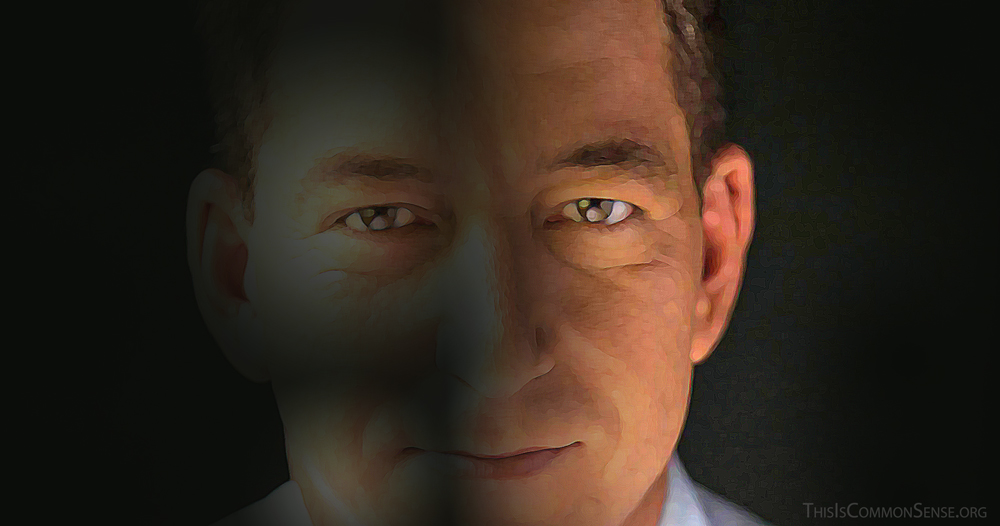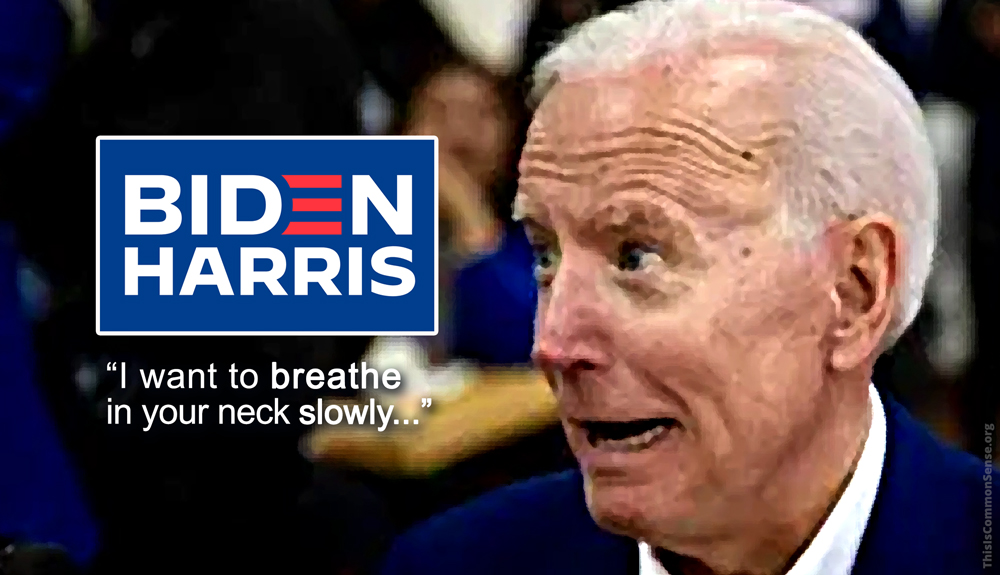There is a place in this world for editors, but not for censors.
What’s the difference?
Ask Glenn Greenwald: “editors should be there to empower and enable strong, highly factual, aggressive adversarial journalism, not to serve as roadblocks to neuter or suppress the journalism.”
This is from Greenwald’s statement, this week, about his resignation from The Intercept.
Greenwald co-founded the online journalistic platform in 2013, with the proviso that he could publish what he wanted with minimal interference. But slowly, over time, the editors he and his co-founders put in place have flouted the spirit as well as (Greenwald insists) the letter of those original agreements. So much so that they refused to publish a piece by Greenwald unless he removed “all sections critical of Democratic presidential candidate Joe Biden.”
Greenwald has published that “censored” article on Substack, a platform you may be familiar with for publishing Greenwald’s fellow leftist journo, Matt Taibbi.
This fracas is not a public issue, in one sense. Greenwald lost control of an institution he set up. That’s between him and that institution and all their lawyers.
But it does show the extent to which “the pathologies, illiberalism, and repressive mentality that led to the bizarre spectacle of [Greenwald] being censored by [his] own media outlet are . . . the viruses that have contaminated virtually every mainstream center-left political organization, academic institution, and newsroom.”
We can understand why they might desperately itch to hourly edit the Twitterer in Chief. But it is a bit harder to understand that while they complain Trump has broken with established “norms,” they themselves violate long-established norms of their own profession.
I mean journalism.
Not propaganda.
This is Common Sense. I’m Paul Jacob.
—
See all recent commentary
(simplified and organized)





